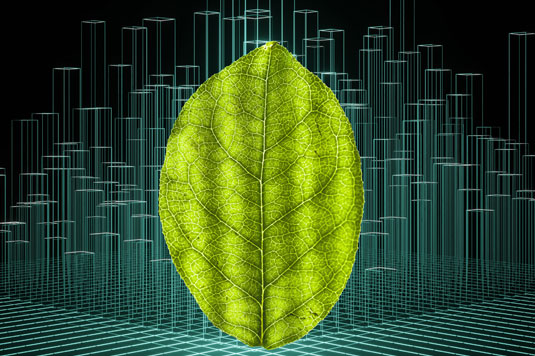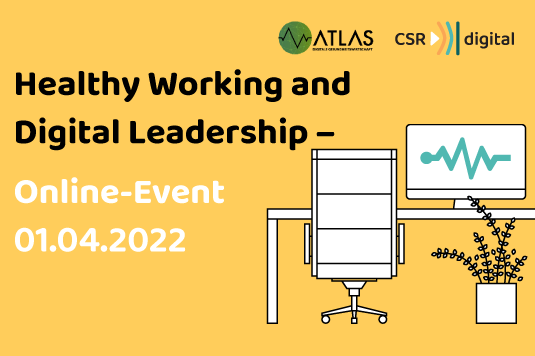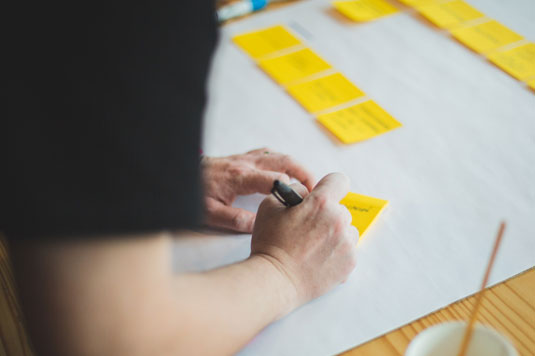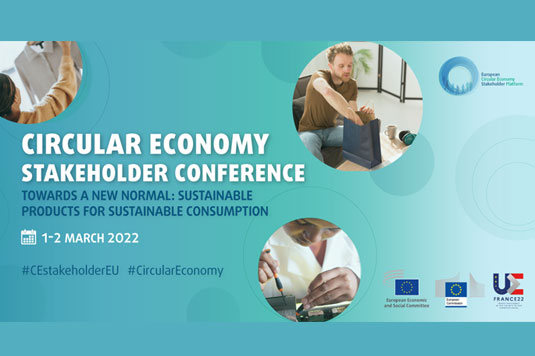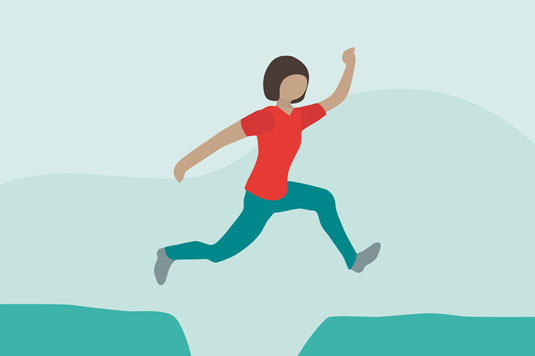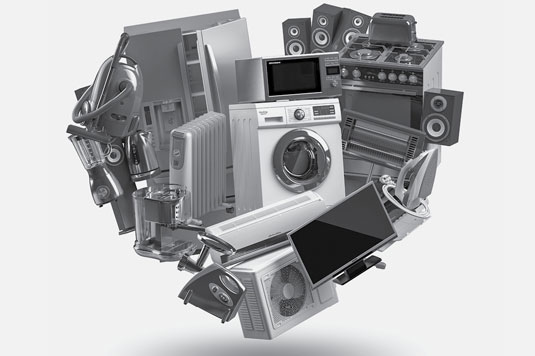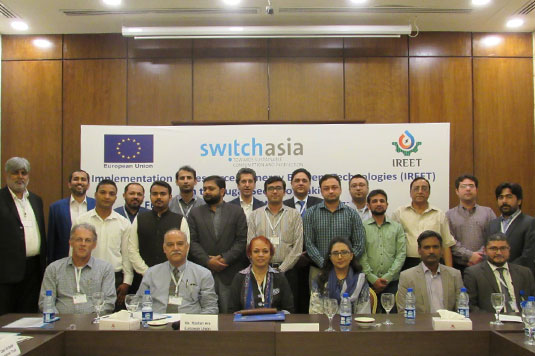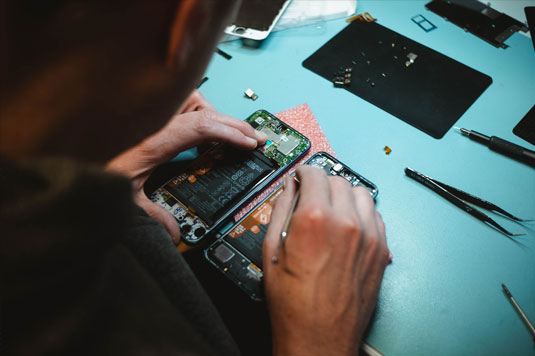
CSCP News | Posted March 17, 2022
“Enabling Circular Electronics: Skills for Cities, Businesses and Consumers” – Watch the Discussion Now!
Each year, more electronic internet-connected devices are produced than there are humans on Earth*. Resource-wise this is a dead end. In March 2022, we discussed with stakeholders from businesses, civil society organisations (CSOs) and the research community at the European Circular Economy Stakeholder Conference how we can make circular electronics a reality. Digital networking is a great advantage, but the large number of electronic devices also poses serious ecological risks, especially in terms of resource consumption. This is why as part of the New Circular Economy Action Plan, the European Commission has announced a Circular Electronics Initiative, calling for longer […]
